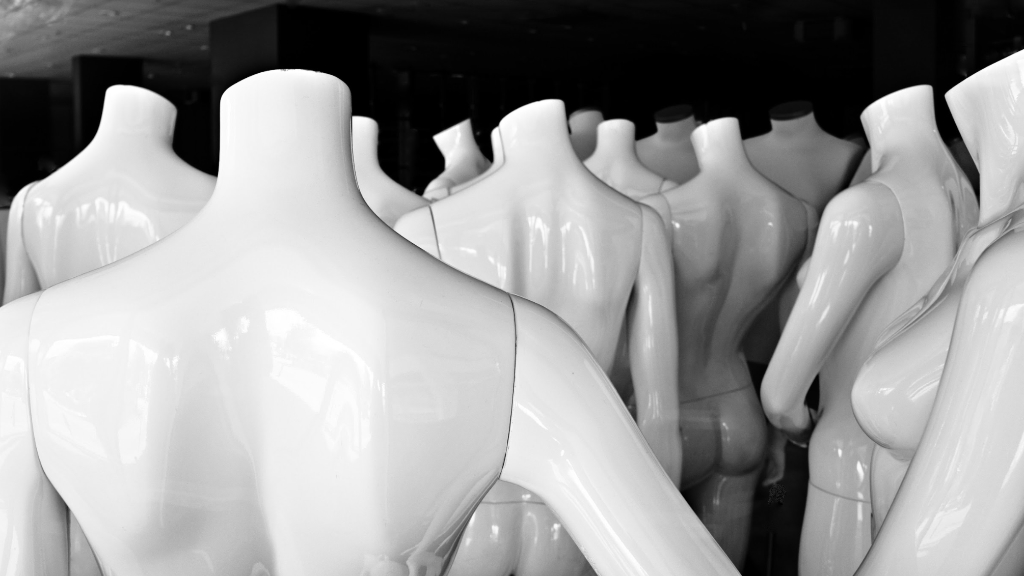Text by CLOT Magazine

How do we conceptualise our body? It once was customary to derive a person’s identity from their inalienable bodily “constants” of gender and race, but humanities studies have significantly altered this view since the 1970s. For example, philosopher Judith Butler writes that a person cannot be defined through gender or social roles imposed from outside: their identity is defined by their actions alone.
On the other hand; Michel Foucault highlights the moment when an art of the human body was born, which was directed not only at the growth of its skills, nor at the intensification of its subjection, but at the formation of a relation that in the mechanism itself makes it more obedient as it becomes more useful, and conversely.
As stated by the art duo Elmgreen & Dragset in connection with their exhibition Useless Bodies? Coming up in March at the Fondazione Prada in Milan, our bodies are no longer the main agents of our existence. They don’t generate value in our societies’ advanced production methods as they did in the industrial era.
Taking this as a starting point, the international online platform NEW NOW presents tomorrow, January 27 at 8 PM UTC+3 the discussion Body and Identity: Metamorphosis in the Digital Age. The speakers will be Moheb Costandi, a developmental neurobiologist who works as a science writer and Associate Professor of Gender, Technology and Cultural Politics at the London School of Film, Media and Design Helen Hester. Her research interests include technofeminism, sexuality studies, and theories of social reproduction, and she is a member of the international feminist collective Laboria Cuboniks.
Moderated by the NEW NOW programme creator and director, Anna Kirikova they will examine how the narrative surrounding the body has changed in this digital age in the wake of the new opportunities provided by artificial intelligence. They will discuss how our bodies and identities are impacted by social media and the contemporary “overachievement” ethos, and we will reflect on what it means when a distinction is drawn between bodies that are “useful” and those that are “useless”.
Free with registration. Find tickets here.






